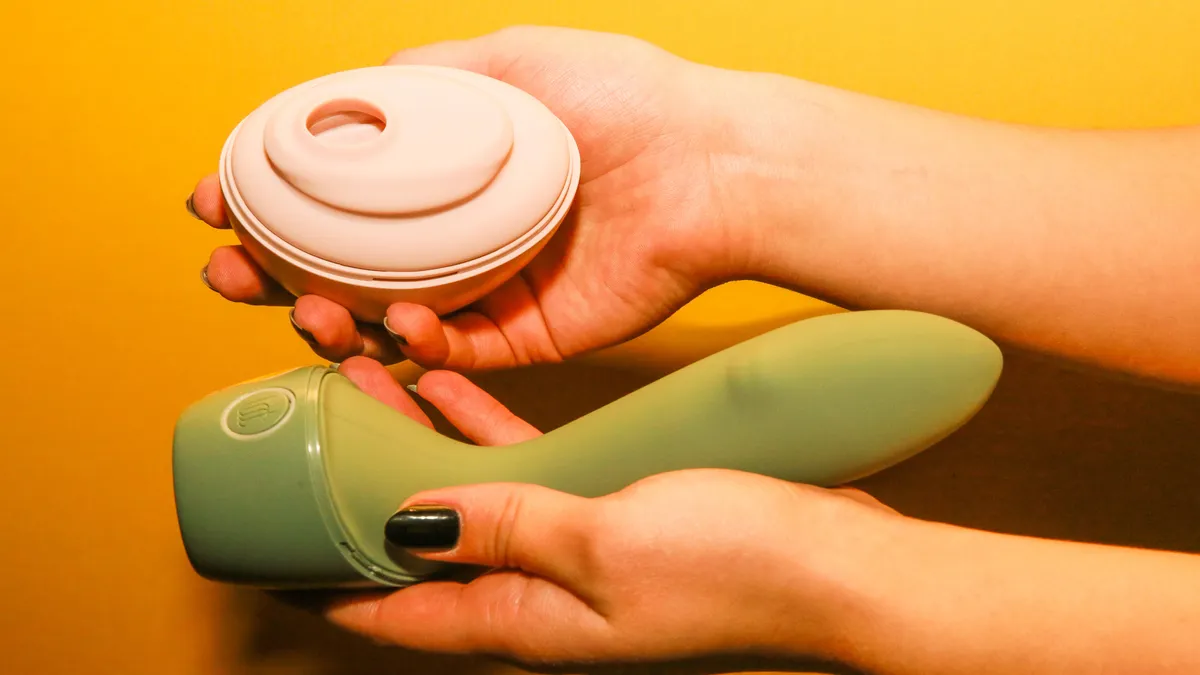
Ask the ED Experts: What factors contribute to Erectile Disfunction
Erectile Disfunction (ED) is a very common aliment also known as impotence. The infliction effects one in three penis owners aged 40 to 70 years old in New Zealand, and can be a massive factor of stress, anxiety, depression and contribute to relationship problems. Here, we ask the experts about factors that could be contributing to our nations high impotence rate.
ED means is you can't maintain an erect enough penis for satisfactory sexual intercourse. Many men or penis owners have erection problems at times and the chance of this happening increases with age.
According to a 2017 study, Male Sexual Function in New Zealand: A Population-Based Cross-Sectional Survey of the Prevalence of Erectile Dysfunction in Men Aged 40-70 Years, approximately one in three NZ men 40 to 70 years old might have ED in New Zealand. Although comparable to overseas populations, this prevalence is high.
Whether from stress, older age, cancer treatment or some other reason, Erectile Dysfunction can often cause an enormous amount of stress and anxiety. Erectile dysfunction is not a disease, but a symptom of some other problem, either physical or psychological or a mixture of both. There are several solutions, but recognising the problem and talking about it with your doctor are the key first steps.
Dr Earim Chaudry, Medical Director at men’s health platform Manual says “It’s incredibly important to raise awareness on the possible causes of the condition, especially as it is so common.”
Here, Dr Chaudry provides additional factors that could be contributing to erectile dysfunction, along with professional advice on how to reduce the risk:
Diabetes
A previous study shows that diabetes (especially type 2) is more common in males than females. Around 75% of men suffering from diabetes will experience erectile problems over the course of their lifetime.
Maintaining a healthy weight through a balanced diet and regular exercise can help delay the start of diabetes. A healthy weight also helps reduce inflammation, increase testosterone and increase self-esteem, which all contribute to preventing ED.
Smoking
In the past, the tobacco industry would use seductive techniques to advertise their products as a way of increasing the appeal to a mass audience, but the reality is that smoking is far from sexy.
Smoking is a significant risk factor of erectile dysfunction for men under the age of 40. Smoking affects blood circulation to certain parts of the body including the genitals, making it tougher to get and keep an erection.
Quitting smoking can be a huge step towards reducing the risk of ED as blood circulation begins to improve within 2 to 12 weeks. There are many health benefits to giving up smoking, including improved sexual function.
Alcohol intake
Many of us enjoy a drink as a way to de-stress – but it’s important to remember that alcohol is a depressant if consumed in large quantities. Depression is one of the leading causes of ED and the likelihood of the effect increases as you get older. Alcohol can also decrease blood flow, making it harder to achieve an erection when intoxicated.
You don’t have to cut alcohol out of your life completely – moderation is key. Be aware of how much you are consuming and take steps to limit your intake as you get older.
Mental health
Around 20% of ED cases are caused by psychological factors such as stress, anxiety and depression. Effects and symptoms are the same as physical ED, however, blood flood is not the root of the problem.
Instead, psychological ED can be caused by a range of emotional, cognitive, or social causes and conditions. It’s important to talk to your partner or seek professional help if you are affected by psychological ED instead of keeping things to yourself.
ED medications are available which can help overcome performance anxiety and help boost your confidence.
Exercise
Regular exercise improves blood flow and circulation, which means it’s an important way to help prevent ED. Exercise also helps increase your energy, lowers blood pressure, reduces stress and helps you sleep better.
Exercising at a moderate to high intensity for 40 minutes, up to four times a week can help improve your sexual function. This can include the gym, walking, swimming or cycling.
You can also focus on exercises that strengthen the pelvic floor muscles as these will help sustain blood flow. Pelvic floor exercises are commonly known as ‘kegel’ exercises. Try both slow kegels and fast kegels regularly as these will contribute to the prevention of ED.
Related Posts
Half of adults in the UK watch porn: But what are the long term effects?
Why our growing obsession is causing damage for our UK men
Unveiling the Global Appetite for SexTech: The Countries That Love Sex Toys the Most in 2024
Certain countries have exhibited a remarkable penchant for purchasing sex toys
No, I refuse to let heroin chic be back
Connor Amor-Bendall explores the maddening resurgence of 'heroin chic'
A Blood Right: Report Supports Changing Rules for Gay and Bisexual Blood Donation
The report calls the current policy wrong and outdated
Sex and Relaxation – How to Banish Stress and Maximise Pleasure
How to de-stress so you can un-dress
The medical reason behind ‘Post Nut Clarity’
Why do orgasms create clarity, focus, and better decision making?







